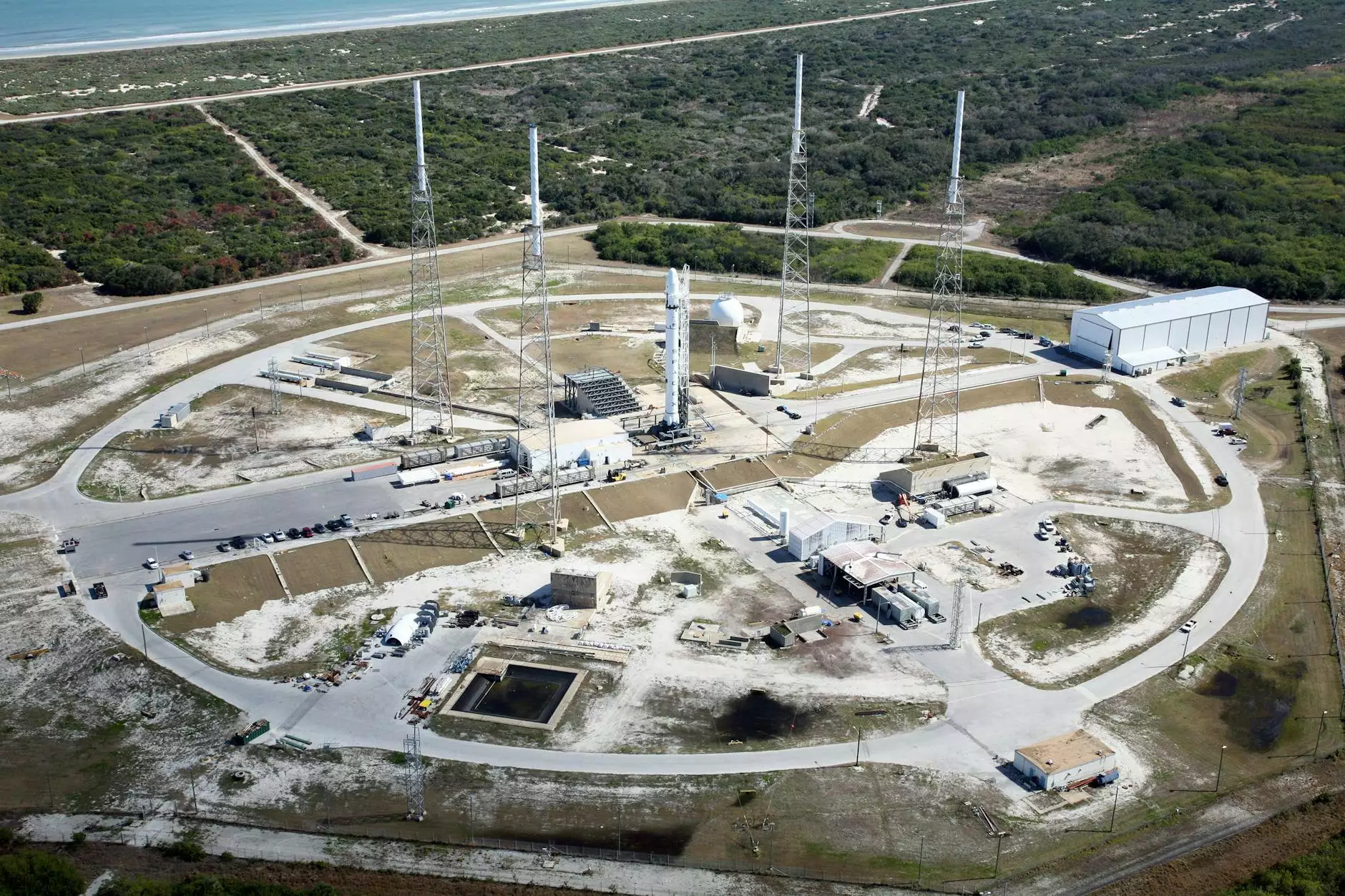Revolutionizing Field Processing with Drones

As the world of agriculture evolves, new technologies play a pivotal role in transforming traditional practices. One such innovation making waves in the industry is дроны обработка полей - drones for field processing. These unmanned aerial vehicles are not just a futuristic concept; they are already revolutionizing the way farmers manage their land.
The Benefits of Drone Technology in Agriculture
Drones offer a myriad of advantages when it comes to field processing in agriculture:
- Precision Agriculture: Drones equipped with advanced sensors and cameras can provide real-time data on crop health, soil moisture levels, and pest infestations. This data allows farmers to make targeted interventions, thereby optimizing crop yields.
- Cost-Effectiveness: By utilizing drones for field processing, farmers can save on resources such as time, labor, and fuel. Drones can cover large areas quickly and efficiently, resulting in cost savings for agricultural operations.
- Environmental Impact: Drones facilitate the implementation of sustainable farming practices by enabling precise applications of fertilizers and pesticides. This targeted approach reduces chemical runoff and minimizes environmental harm.
- Data-Driven Decision Making: The data collected by drones during field processing operations can be analyzed to generate valuable insights for farmers. By leveraging this information, farmers can make informed decisions that lead to improved productivity and profitability.
Applications of Drones in Field Processing
Drones are versatile tools that can be employed in various aspects of field processing in agriculture:
- Crop Monitoring: Drones equipped with sensors can monitor crop health, growth patterns, and detect areas of stress or disease. This information allows farmers to take proactive measures to address issues before they escalate.
- Mapping and Surveying: Drones can create high-resolution maps of farmland, providing detailed insights into soil composition, elevation, and topography. This data is invaluable for planning irrigation systems and optimizing planting strategies.
- Precision Application: Drones can precisely apply fertilizers, herbicides, and pesticides to specific areas of a field, reducing waste and ensuring optimal resource utilization. This targeted approach minimizes chemical usage and promotes sustainable farming practices.
Integration of Drones in Agricultural Practices
Integrating drones into existing agricultural practices requires a strategic approach and investment in the right technology:
- Educational Programs: Training programs and workshops on drone operation and data analysis are essential for farmers looking to incorporate this technology into their operations.
- Collaboration with Experts: Partnering with agronomists, drone specialists, and IT professionals can help farmers streamline the implementation of drone technology and maximize its benefits.
- Regulatory Compliance: Familiarizing oneself with local regulations and obtaining necessary permits for drone operation is crucial to ensure legal compliance and avoid any potential penalties.
Empowering Agriculture with Drone Technology
Дроны обработка полей represents a significant advancement in the agricultural industry, offering a glimpse into the future of farming practices. By leveraging the capabilities of drones for field processing, farmers can enhance productivity, sustainability, and profitability while reducing environmental impact. Embracing this technology opens up new possibilities for innovation and growth in the ever-evolving field of agriculture.



